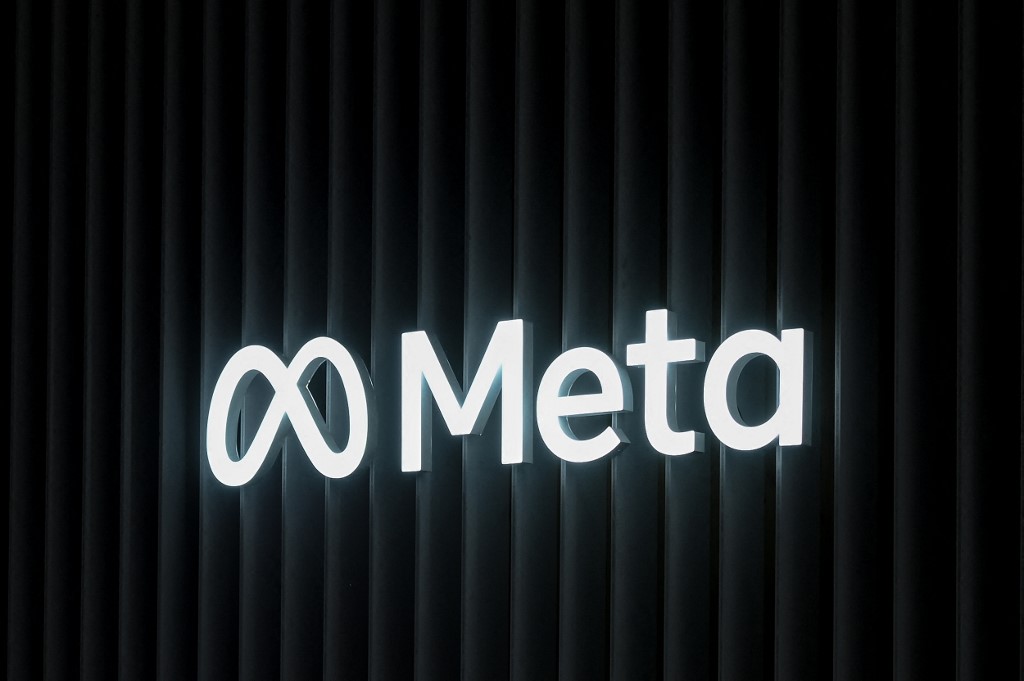A report released last week by Meta, the parent company of Instagram, challenges the Turkish government’s assertion that Instagram was banned in Turkey for failing to adhere to content removal requests related to “catalog crimes.”
The ban, enforced on Friday, affects more than 50 million active Instagram users in the country.
According to Turkish officials, including President Recep Tayyip Erdoğan, Presidential Advisor Oktay Saral, Transport and Infrastructure Minister Adil Karaismailoğlu, Justice Minister Servet Tunç and Deputy Minister of Transport and Infrastructure Ömer Fatih Sayan, Instagram was blocked due to its non-compliance with court orders to remove content related to “catalog crimes.” These crimes include obscenity, prostitution, child exploitation, insults to Turkey’s founding father, Mustafa Kemal Atatürk, and certain offenses under the National Intelligence Organization (MİT) Law.
However, Meta’s transparency report, published on July 31 — two days before the ban — indicates that the company had already removed 2,445 entities flagged by Turkish authorities for violating laws related to “catalog crimes” and national security.

The report covers the first half of 2024 and details Meta’s compliance with 2,953 content removal requests received from Turkish judicial and administrative authorities stemming from 2,580 entities. Meta stated that it restricted access to 1,941 entities that violated Turkish laws in Turkey and removed 504 entities that violated Meta’s own policies, showing that it took action against 94.7 percent of the entities reported by the Turkish government.
Meta’s data also highlights that the most significant number of removal requests, totaling 1,849, came from the Information and Communication Technologies Authority (BTK). Despite this, Turkish officials maintain that Instagram was banned due to its lack of compliance with the specified removal orders.
The Turkish government has yet to issue a formal statement explaining the exact reasons behind the Instagram ban. The conflicting reports from Meta and Turkish officials leave the public and businesses, who rely heavily on the platform for communications and commerce, in a state of uncertainty.
Law professors Yaman Akdeniz and Kerem Altıparmak have challenged Turkey’s ban on Instagram, alleging it violates the constitution. They filed a petition with the Ankara 13th Administrative Court to annul the ban imposed by the BTK, arguing that it infringes on the rights to freedom of expression and information for over 48 million Instagram users in Turkey. The academics also noted that the BTK’s lack of detailed public disclosure on the ban decision violates Article 40 of the Turkish Constitution. They have requested that the lower court refer their case to the Constitutional Court for a constitutional compliance review.
Despite a meeting on Monday between Turkish officials and Meta representatives, the ban remains in place due to disagreements over what constitutes “terrorism content.”
Erdoğan, at the time of the meeting, launched a scathing attack on social media platforms, accusing them of “digital fascism” for their selective censorship practices.
Erdoğan’s comments also referenced recent incidents in which Instagram allegedly censored posts critical of Israel, drawing a parallel to the platform’s refusal to comply with Turkish demands.
“Social media networks respect the rules in America and Europe but deliberately ignore them when it comes to fighting unlawful content in Turkey,” he said.
The ban’s economic ramifications have been substantial, with estimates suggesting daily losses of nearly $57 million due to disrupted commercial activities on Instagram.



